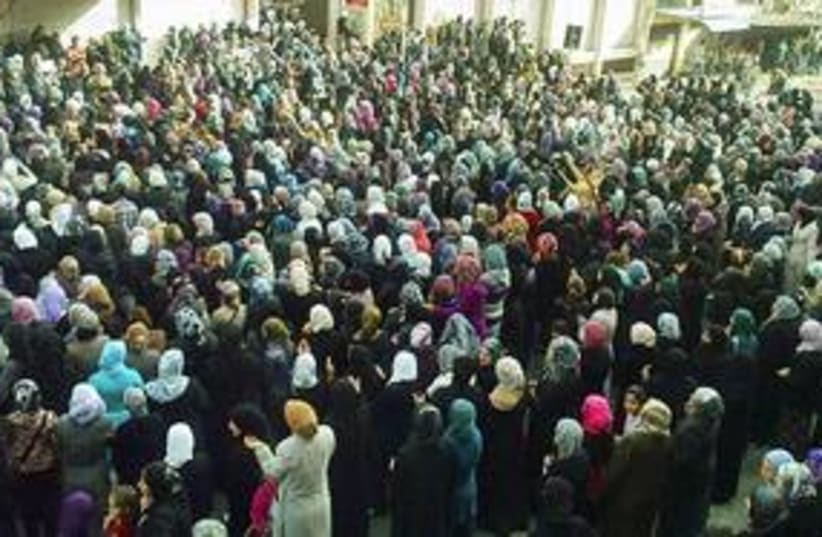At least 70 killed in deadliest day of Syrian protests
Witnesses say live rounds, tear gas used in pro-democracy rally in Damascus; forces fire at protesters in Hama trying to reach ruling Baath Party headquarters; 1000s call for overthrow of Assad regime.
